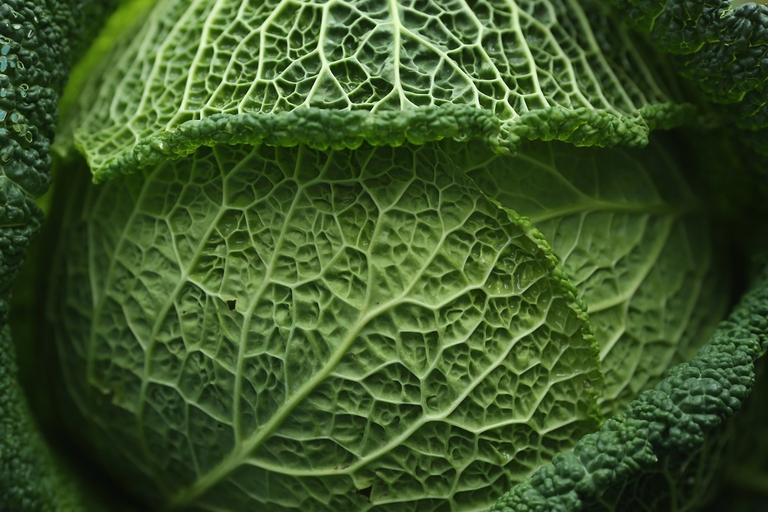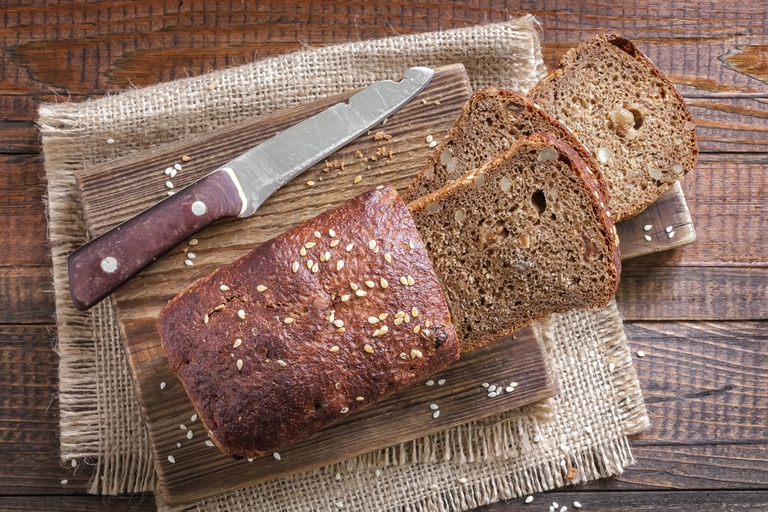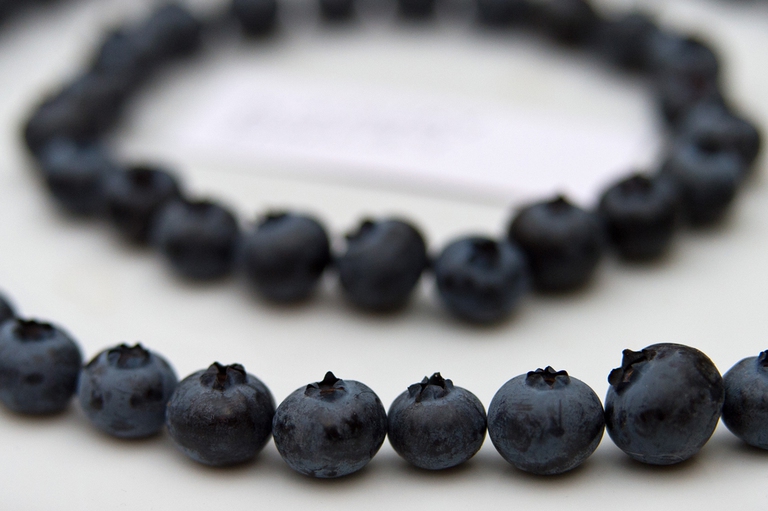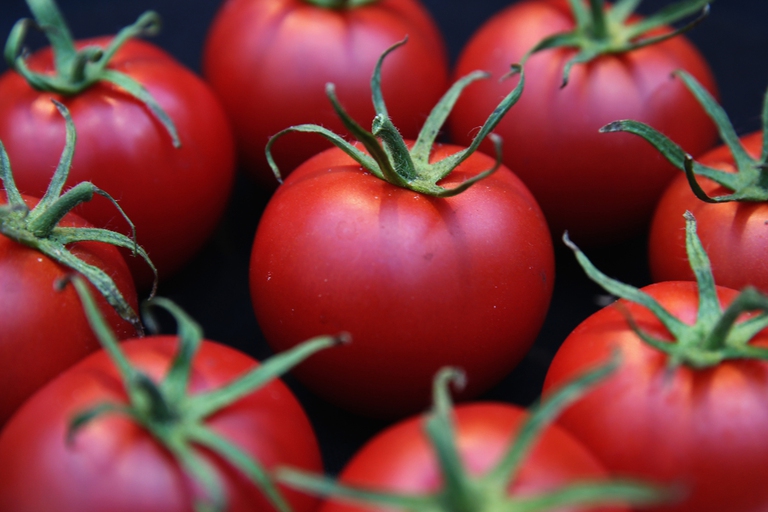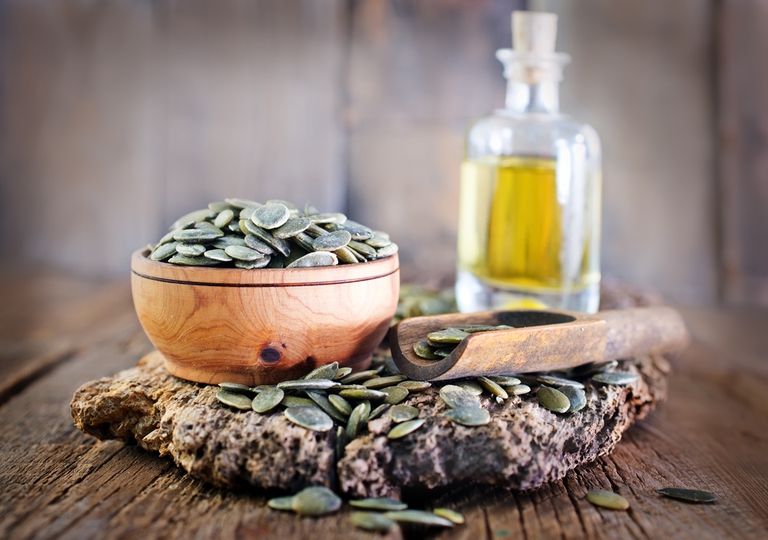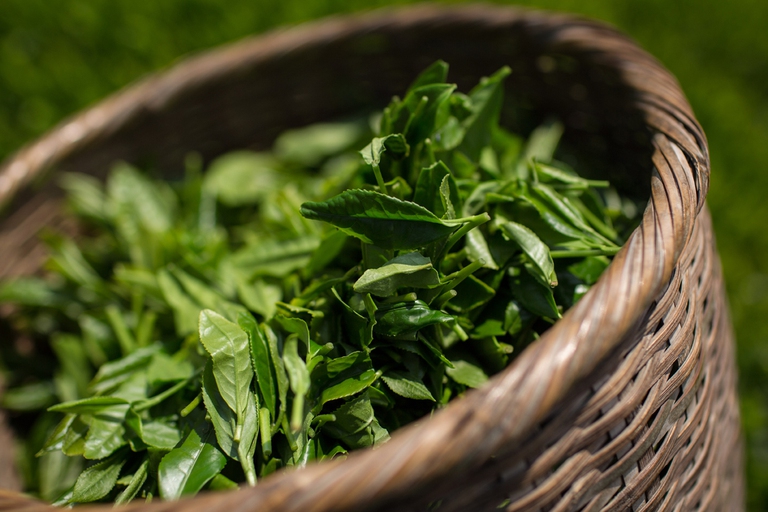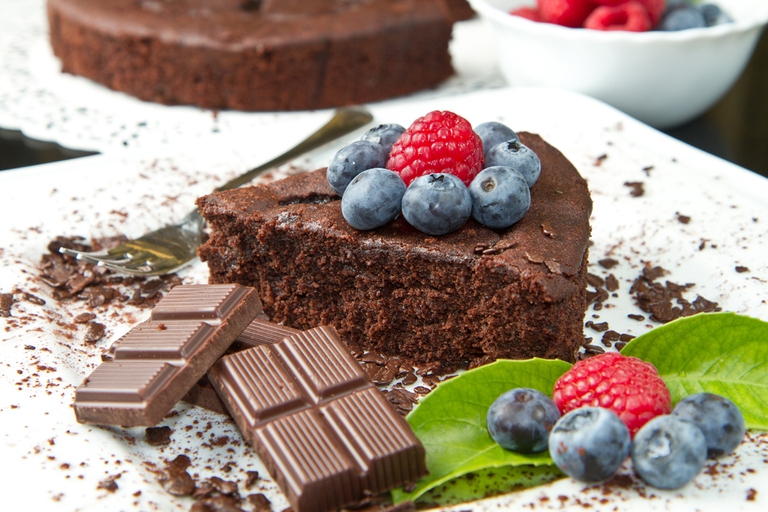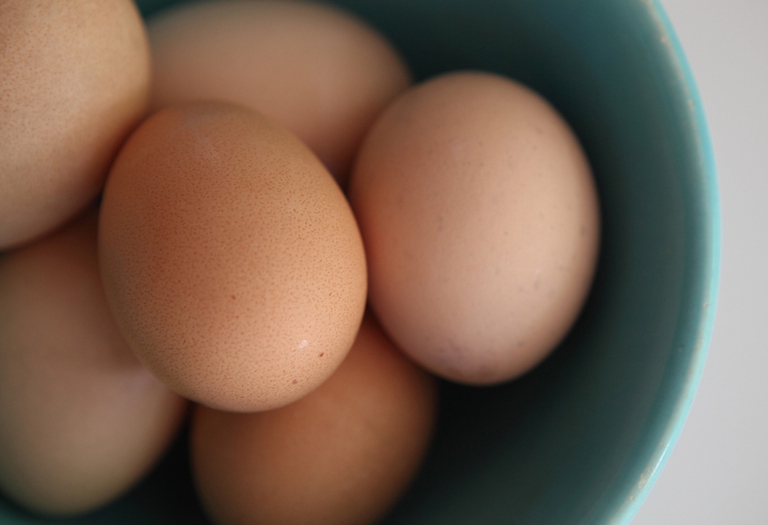
Factory farming conditions and antibiotic-resistant pathogens emerging as a result of them pose an existential threat to humans in the form of zoonotic diseases. Why it’s time to produce and consume food more thoughtfully.
If you have poor memory and concentration, it’s not just age: it’s also lack of sleep, stress, lifestyle and genetics. And food habits also play a crucial role.
Nourishing the brain by providing it with adequate blood supply and the nutrients necessary for the delicate neural pathways is as important as nourishing the body. There are a number of studies that connect brain health with the food we eat: the most effective foods that boost memory are also the most important ingredients in the Mediterranean diet, and in particular those rich in nutrients that promote a good functioning of gray matter.
Cruciferous vegetables are effective in boosting memory and verbal memory because they’re high in vitamin C, which keeps blood vessels flexible, and folic acid (a substance of which spinach is rich). Like other group B vitamins, the latter reduces the levels of homocysteine in the blood, a substance linked to a higher risk of cognitive deficits and Alzheimer’s disease.
Not only do whole cereals supply energy to our gray cells in the form of glucose, they also contain vitamin B1, which is necessary to produce acetylcholine, a substance that stores new information, and vitamin E. The latter is a powerful antioxidant that, along with vitamin B12 could help improve the copper metabolism and reduce the odds of developing the Alzheimer’s disease. For vegetarians: vitamin B12 is mostly found in animal-derived products and is also found in supplement form.
They contain anthocyanin, antioxidant substances that keep blood vessels flexible and enhance blood flow circulation towards the brain. Blueberries, according to recent scientific research, would be particularly effective in boosting short-term memory.
Their secret is lycopene, an anti-cancer and antioxidant substance that optimises brain functions. To better benefit from their properties prepare a sauce: by cooking tomatoes you can completely absorb this substance.
These two ingredients have the omega-3 fatty acids in common, which are fundamental to make our nervous system healthy. And particularly DHA, the fatty acid we have in our brain that helps boost healthy young adults’ memory. It is found in algae and oily fish such as salmon and sardines. Walnuts – it’s no surprise their shape is similar to that of the two cerebral hemispheres – are high in omega-3 and omega-6, as well as vitamin E and B: add a fistful of chopped up walnuts in a salad and you will benefit from their healthy properties.
A cocktail of omega-3 and 6, vitamin A and E and mostly zinc, which plays a crucial role in boosting memory and thinking ability.
Probably thanks to the polyphenols it contains, according to international research, it has neuroprotective and anti-cancer properties. Two or more cups a day would half the incident rate of cognitive problems in people over 70.
Since chocolate is rich in flavonols, including it in a well-balanced diet can tackle the cognitive decline, improve brain functions, make the thinking process faster and improve short-term and long-term memory.
They contain choline, a substance that builds the neuron’s cell membranes to transmit nerve impulses. The yolk is rich in vitamin E and by eating eggs you absorb more antioxidants.
You need to drink at least one litre a day. Old people use to drink too little water. This reduces memory, reaction time, arithmetical efficiency and slows down the cognitive process.
Siamo anche su WhatsApp. Segui il canale ufficiale LifeGate per restare aggiornata, aggiornato sulle ultime notizie e sulle nostre attività.
![]()
Quest'opera è distribuita con Licenza Creative Commons Attribuzione - Non commerciale - Non opere derivate 4.0 Internazionale.
Factory farming conditions and antibiotic-resistant pathogens emerging as a result of them pose an existential threat to humans in the form of zoonotic diseases. Why it’s time to produce and consume food more thoughtfully.
The world of cinema recognises the link between food choices and the climate crisis by offering vegan menus for awards season events, including at the most important of them all: the Oscars.
Let’s look at the reasons behind the growth of veganism in India, as a small yet vocal section of the population turns towards this diet and lifestyle in the largest milk producing country in the world.
by Jeffrey Y. Campbell, Manager of the Forest and Farm Facility at FAO In the Ecuadorian Amazon, Kichwa farmers grow dozens of products on tiny parcels of land. Their lands hum with biodiversity, yielding nutritious foods that have sustained families for generations. Wandering among fruit and nut trees and crops, these indigenous agroforesters fill their baskets
Mint has many health benefits, but in food it’s often accompanied by artificial green colourings. Instead, Galatea has created a green mint ice cream in a completely natural way.
We’re talking about Galatea, a company that produces semi-finished products for artisanal ice creams using high quality ingredients, natural colouring, excluding thickeners and hydrogenated fats, respecting the environment and supporting the less fortunate.
The mad rush to fake food, like fake meat made with genetically-modified soy, ignores the importance of the diversity of our foods and culinary cultures. It’s a recipe to accelerate the destruction of the Planet and our health.
Like with all foods, the quality of an ice cream can be discerned by reading its label. An expert explains how to do this, and tells us how their company steers clear of chemicals, using only natural ingredients to produce an excellent and “free” ice cream.
Quality ingredients, no artificial colouring and hydrogenated fats. These are the main features of a great ice cream. But what makes an ice cream parlour “good”, i.e. sustainable?
